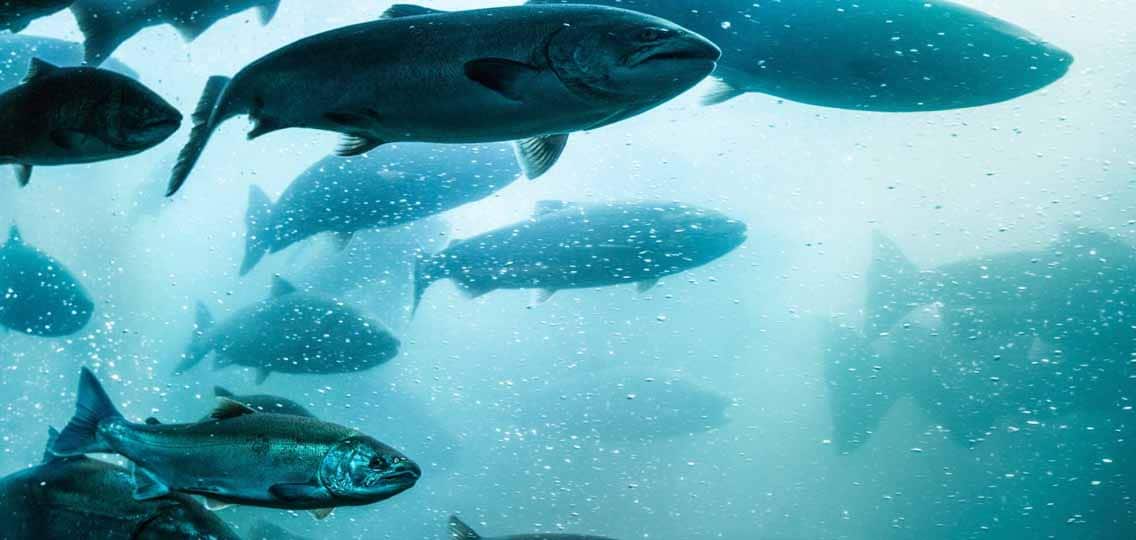OTTAWA – Ecojustice, Ecology Action Centre and Living Oceans Society issued the following statement about the Federal Court of Appeal’s ruling on the approval of GM salmon production:
Kaitlyn Mitchell, Ecojustice lawyer said:
“We are disappointed that the Federal Court of Appeal has decided to uphold approval of the use and manufacture of genetically-modified salmon at a potentially unlimited number of facilities throughout the country. Decision-making under the Canadian Environmental Protection Act is to be science-based and precautionary but in this case then-Ministers Ambrose and Aglukkaq did not follow key recommendations made by scientific experts. Rather than adhering to the precautionary principle, our clients believe the Ministers approved uses of this genetically-modified food animal that were not subject to a science-based risk assessment despite the potential for serious risks to the environment and wild Atlantic salmon in the event of an accidental escape.”
Mark Butler, Ecology Action Centre policy director said:
“We are disappointed in the Federal Court of Appeal’s decision because we believe the Ministers acted outside of their authority under CEPA when they approved the commercial production of GM salmon. Wild Atlantic salmon are vital to many Atlantic Canadian communities, including Indigenous communities. So it is important that decisions about the world’s first genetically-modified salmon, be done in a precautionary, science-based way. We don’t think that’s happened yet.”
Karen Wristen, Living Oceans Society executive director said:
“Living Oceans Society will focus efforts on labelling GM salmon in the marketplace, so that consumers will have the choice whether or not to consume it. With retailers across North America pledging not to sell the product, we can perhaps contain the damage that this approval may cause.”
Last week, Ecojustice lawyers, on behalf of Ecology Action Centre and Living Oceans Society were in court to overturn the Federal Court’s decision that upheld the federal government’s approval to allow the production and commercial grow-out of genetically-modified salmon at facilities across the country. The groups believed that clearer guidance was needed from the Court of Appeal about the ways in which the organism can and cannot be used in other facilities in Canada because the only use that was subject to a scientific risk assessment was limited to AquaBounty’s proposed manufacture of eggs-only at its existing facility in Prince Edward Island. The groups argued that allowing a broader range of uses at other identified facilities across the country was contrary to the scientific evidence before the Ministers.
Ecojustice lawyers are currently reviewing the decision with Ecology Action Centre and Living Oceans Society to determine if further action will be taken.

